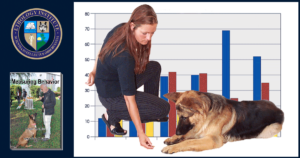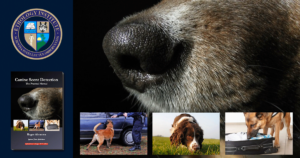
Demo Course
This is a demo course with various types of questions on different subjects for you to test our courses–and your general knowledge on animal behavior.
All our courses follow the same script as this demo course. Enjoy!
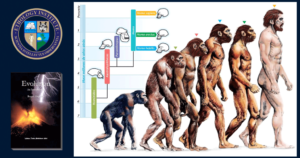
Evolution
Evolution is the process of change in all forms of life over generations; behavior is as a tool in the struggle for survival and reproduction. This is an indispensable course to understand how behavior originates, develops and evolves.

Animal Training My Way
Animal Training My Way teaches you to create reliable bonds with any animal. It combines the best of ethology and behaviorism and develops an innovative, simple, and efficient approach. It is a guide for creating harmonious relationships.
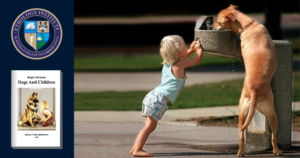
Dogs and Children
Dogs and Children is the course for everyone, regardless of whether one has children or dogs. Learn how to prevent severe problems and give your child and dog some fun and meaningful activities so they develop a respectful relationship.
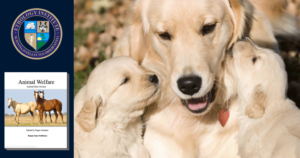
Animal Welfare
Animal welfare is an objective science studying the needs of animals, an interaction between natural science, ethics, and law. This course is a must for everyone working with animals. Learn how to assess your pet's quality of life.
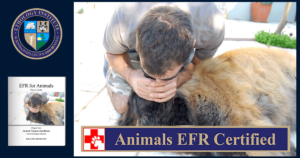
EFR for Animals
EFR, Emergency First Response (or first aid), is the immediate care given to an animal injured or suddenly taken ill. The course covers the most essential principles of EFR, and taking it can be a lifesaver should you one day need to help an injured animal.
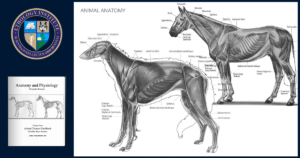
Anatomy and Physiology
Anatomy and Physiology study the body plan and physical functions of animals. Behavior is conected with the anatomy and physiology of an animal. Each species has particular characteristics defining how to enter the global struggle for survival.
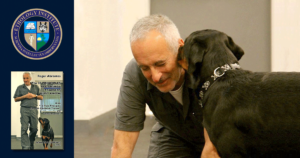
The 20 Principles
Animal training is a craft: half science and half art. This course and the included online book give you the 20 indispensable principles you must know to become a skilled animal trainer. It is the best crash course in animal training one can wish for.
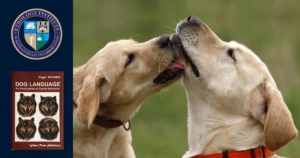
Canine Behavior
Canine Behavior studies dog behavior in the natural and in the human environment, reviewing the behavior of the domestic dog and the related wild species. An important course for dog training, which is full of myths unsupported by scientific research.

Dogs Home Alone
Canine Home Alone is the canine problem no. 1—the dog cannot be left home alone without showing clear signs of distress behavior. This course is a proven and efficient DIY program for dog owners to cure or prevent serious problems.
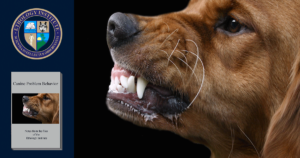
Canine Problem Behavior
Canine Problem Behavior is an introduction to canine problem behavior and reviews the most common causes of this behavior. Before taking this course, you should have taken "The 20 Principles All Animal Trainers Must Know" and "Canine Behavior."

Pedagogy
Pedagogy is the study of the principles and methods of instruction, teaching, and education. This course will make you a better instructor by reminding you of the essential principles in pedagogics, the art of teaching, and by giving you some tricks of the trade.
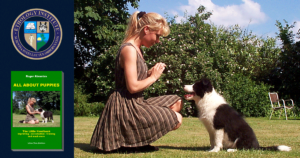
All About Puppies
All About Puppies deals with everything you need to know about puppies: choice of a puppy, imprinting and socialization, creating good habits and preventing misbehavior, training and stimulating the puppy, house rules, and much more.
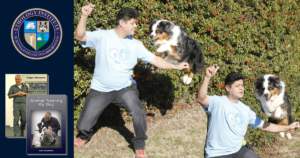
Canine Proficiency Verification
In a Proficiency Verification (PV) you demonstrate you have the necessary practical skills in handling an animal. PVs are not exams or obedience tests. We are interested in good communication skills and the correct use of learning theory.
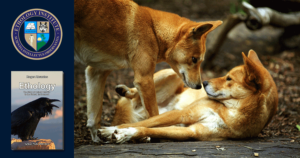
Ethology
Ethology studies animal behavior in its natural environment. It is one of the fundamental courses in your curriculum. A reliable knowledge of animal behavior is the basis to create a satisfying relationship with any animal we train.
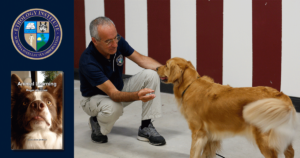
Animal Learning
Animal Learning studies how animals learn the various behaviors they display. We review all the fundamental principles of learning that you need to master for training animals or implementing behavior modification.
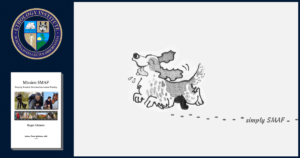
Applied Animal Learning
In Applied Animal Learning SMAF is a tool to help us apply learning theory to practical behavior modification. SMAF enables us to plan our actions with the highest possible degree of precision and to analyze the expected and observed results.
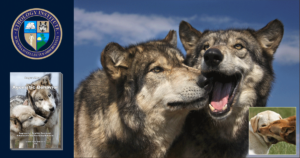
Agonistic Behavior
Agonistic Behavior is all forms of aggression, threat, fear, pacifying behavior, fight or flight, arising from confrontations between individuals of the same species. This course gives you the scientific definitions and facts.

